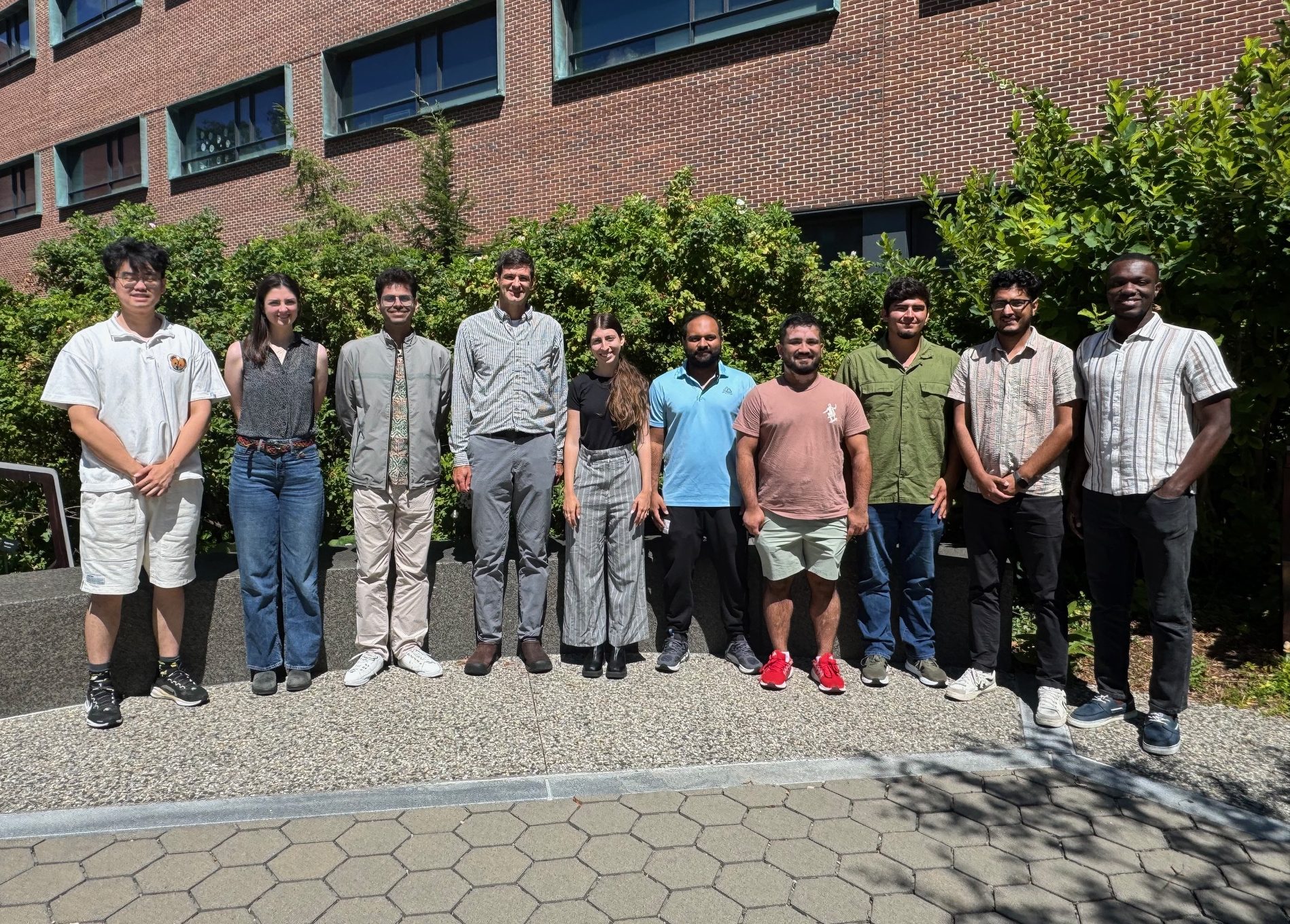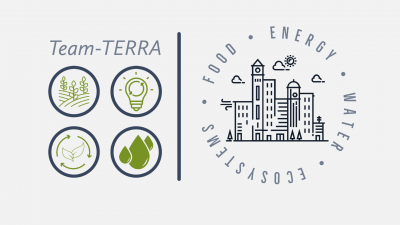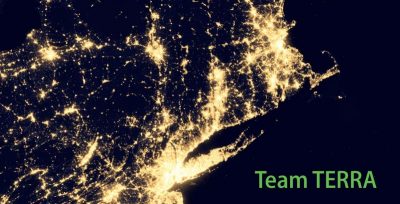-
Feb5
-
Feb6
-
Feb12
-
Feb19
-
Feb26
-
Mar5
-
Mar12
Web cookies (also called HTTP cookies, browser cookies, or simply cookies) are small pieces of data that websites store on your device (computer, phone, etc.) through your web browser. They are used to remember information about you and your interactions with the site.
Session Management:
Keeping you logged in
Remembering items in a shopping cart
Saving language or theme preferences
Personalization:
Tailoring content or ads based on your previous activity
Tracking & Analytics:
Monitoring browsing behavior for analytics or marketing purposes
Session Cookies:
Temporary; deleted when you close your browser
Used for things like keeping you logged in during a single session
Persistent Cookies:
Stored on your device until they expire or are manually deleted
Used for remembering login credentials, settings, etc.
First-Party Cookies:
Set by the website you're visiting directly
Third-Party Cookies:
Set by other domains (usually advertisers) embedded in the website
Commonly used for tracking across multiple sites
Authentication cookies are a special type of web cookie used to identify and verify a user after they log in to a website or web application.
Once you log in to a site, the server creates an authentication cookie and sends it to your browser. This cookie:
Proves to the website that you're logged in
Prevents you from having to log in again on every page you visit
Can persist across sessions if you select "Remember me"
Typically, it contains:
A unique session ID (not your actual password)
Optional metadata (e.g., expiration time, security flags)
Analytics cookies are cookies used to collect data about how visitors interact with a website. Their primary purpose is to help website owners understand and improve user experience by analyzing things like:
How users navigate the site
Which pages are most/least visited
How long users stay on each page
What device, browser, or location the user is from
Some examples of data analytics cookies may collect:
Page views and time spent on pages
Click paths (how users move from page to page)
Bounce rate (users who leave without interacting)
User demographics (location, language, device)
Referring websites (how users arrived at the site)
Here’s how you can disable cookies in common browsers:
Open Chrome and click the three vertical dots in the top-right corner.
Go to Settings > Privacy and security > Cookies and other site data.
Choose your preferred option:
Block all cookies (not recommended, can break most websites).
Block third-party cookies (can block ads and tracking cookies).
Open Firefox and click the three horizontal lines in the top-right corner.
Go to Settings > Privacy & Security.
Under the Enhanced Tracking Protection section, choose Strict to block most cookies or Custom to manually choose which cookies to block.
Open Safari and click Safari in the top-left corner of the screen.
Go to Preferences > Privacy.
Check Block all cookies to stop all cookies, or select options to block third-party cookies.
Open Edge and click the three horizontal dots in the top-right corner.
Go to Settings > Privacy, search, and services > Cookies and site permissions.
Select your cookie settings from there, including blocking all cookies or blocking third-party cookies.
For Safari on iOS: Go to Settings > Safari > Privacy & Security > Block All Cookies.
For Chrome on Android: Open the app, tap the three dots, go to Settings > Privacy and security > Cookies.
Disabling cookies can make your online experience more difficult. Some websites may not load properly, or you may be logged out frequently. Also, certain features may not work as expected.
For students entering the Team-TERRA program for fall 2025 (existing UConn students), applications will be reviewed starting on February 10th, 2025, with priority given to those applications that are received prior to February 10th, 2025. Rolling admission will continue until April 15th, 2025. Click Trainee Information to learn more.


Welcome to Team-TERRA - Building Resilient Landscapes for Food, Energy, Water, and Ecosystem Services in America’s Original Megalopolis. Team-TERRA is a transdisciplinary training program in the Center of Biological Risk at the University of Connecticut. The training program consists of a 2-year sequence of coursework, teamwork, a real-world internship, and associated workshops. We will use the northeastern US megalopolis stretching from Boston to Washington, D.C. as a living laboratory to understand, predict, manage, and communicate risks to food, energy, water, and ecosystems in the face of global change. As part of the training program, trainees will work in interdisciplinary teams to predict and solve complex problems of the future in regions that are urbanizing and stretched to both provide the essentials for human wellbeing while maintaining the many benefits of biodiversity and natural ecosystems.
Team-TERRA Cohort 4 - 2024-2025
Team-TERRA Cohort 3 - 2023-2024
Team-TERRA Cohort 2 - 2022-2023
Peter Billman, Ketki Samel, Katja Kwaku, Michael LaScaleia, Erin Dierickx, Durga Joshi, Madeline Kollegger, Bivek Bhusal, Catalina Vasquez, Josué Martínez-Martínez, Makduma Zahan Badhan & Naomi Adler
Team-TERRA Cohort 1 - 2021-2022

Congratulations to Madeline Meadows-McDonnell on being selected as a 2025 National Oceanic and Atmospheric Administration (NOAA) Knauss Fellow.
Congratulations to Steven Matile and Zhiqing "Lucy" Li who were awarded the Clean Energy and Sustainability Innovation Program (CESIP) award for their innovative research on "Potential Micro-Hydropower Retrofits at Municipal Wastewater Treatment Plants." Their project will receive additional funding from Eversource to support further exploration.
Congratulations to Durga P. Joshi for his article in UConn Today Managing Roadside Forests One Video at a Time.
Congratulations to Erin Dierickx for completing her PhD with the Department of Kinesiology. The title of her thesis Exploring the Multifaceted Dynamics of Human Heat Adaption.
Congratulations to Adam Gallagher, Sarah Klionsky, Yan Chen and Mark Urban on the publication of your article "Incorporating Ecosystem Services into Solar Energy Siting to Enhance Sustainable Energy Transitions" in Environmental Science and Technology 2024, 58, 49, 21557-21568. https://doi.org/10.1021/acs.est.4c07894
We are excited to collaborate with these partner organizations:
Year 1 - Fall:
Year 1 - Spring:
Year 2: Workshops, Internship, Mentorship
Cohort 5
Cohort 4
Cohort 3
Cohort 2
Cohort 1